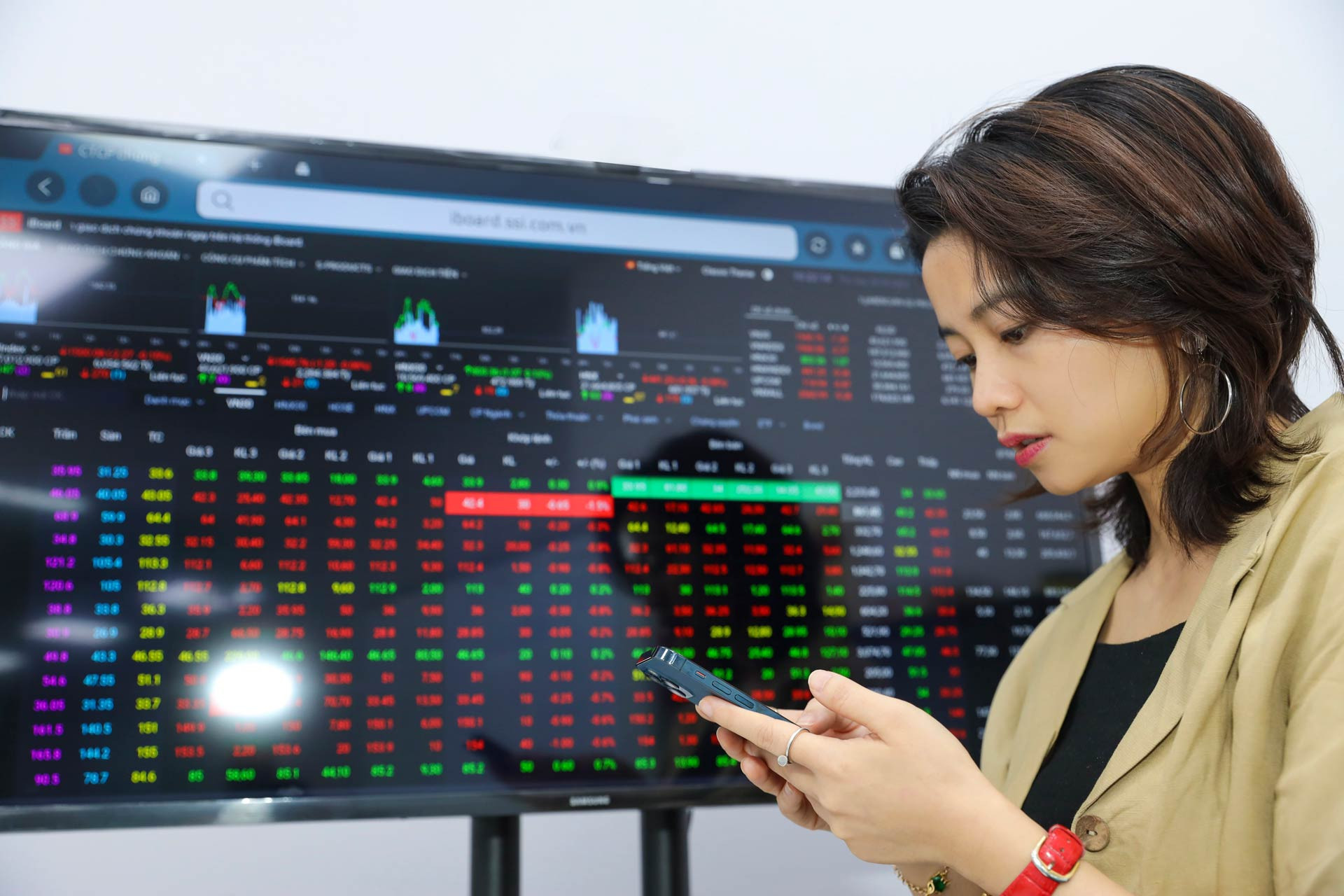
Don Lam, CEO of VinaCapital, noted that Vietnam’s stock market hasn’t seen any major IPO in the last five years.
From 2019 to now, IPO values are just between $15-70 million yearly, down from $500 million-$2.6 billion annually before.
“No big IPOs since 2019 is often cited by foreign investors for their lack of interest in Vietnam’s stock market,” he said.
Nguyen Ngoc Anh, CEO of SSI Asset Management (SSIAM), agreed, pointing out that Vietnam’s stock market hadn’t had any large-scale tech IPO in a decade.
Even in 2017, 2018 and 2019, the IPO peak time, tech firms were absent. From 2020 to 2025, fundraising has fixated on finance and healthcare, while sidelining tech.
“International investors tell us they’re ready to fund promising Vietnamese tech firms, but we’ve got no names to offer,” she said.
Meanwhile, tech firms in regional countries such as Indonesia, Singapore, and India have successfully had IPOs, expanded capital markets, and attracted global funds. Their acceleration leaves Vietnam lagging behind despite its tech potential.
“Private fundraising in Southeast Asia’s tech sector grew 11 percent, but Vietnam’s tech funding trend is shrinking,” Anh said.
Of 1,600 listed or registered firms on the exchanges, there are only 16 tech companies, or just 1 percent.
SSIAM reps said most tech firms, when seeking SSIAM’s advice about fundraising, do not believe they can seek capital or successfully list shares on the Vietnamese market.
Tiki Global, set up in Singapore in 2021, which took a 90.5 percent stake in Ti Ki JSC, the operator of Vietnam’s Tiki e-commerce platform, is an example.
In mid-2020, Tiki’s CEO expressed his wish to see the state loosening stock listing rules for retail tech firms. But unable to wait, they “went abroad” to list and raise funds, bolstering operations.
Before Tiki, startups like Base, Coc Coc, and Topica took similar moves, setting up holding firms overseas (often Singapore or Hong Kong) to reinvest domestically.
Seeking capital in home market
There are three trading floors in Vietnam’s stock market, including HoSE (HCM City Stock Exchange), HNX (Hanoi Stock Exchange), and UpCom. HoSE and HNX impose strict requirements on listing enterprises’ profits.
Under the Securities Law, IPO-bound firms must show two consecutive profitable years pre-IPO and no accumulated losses by offering registration.
Very few technology firms can meet the requirements because these businesses operate according to a special model, which requires a large amount of capital from the beginning to invest in technological innovation, expand users, and build operating infrastructure.
Duong Quoc Anh, former Deputy Chair of the National Assembly’s Economics Committee and IDS Vice Director, noted that tech firms can mobilize capital on UpCom, but it is small in scale and therefore cannot attract international financial investors.
UpCom is a platform where all public enterprises can join, with no distinction between regular public enterprises and technology enterprises.
UpCom’s liquidity is low due to various reasons, which explains why foreign investors don’t appear there. Listing there drags valuations, so tech firms shun it.
Anh pointed out that some Vietnamese tech firms, disenchanted with UpCom and blocked by HoSE and HNX’s technical hurdles, choose to register and IPO abroad, thus draining national financial resources.
A finance expert noted that making IPOs is very costly in time and money, especially for big firms. Because it is costly and potentially risky for the founding team, the business has already researched and evaluated the ability to attract capital from investors prior to the IPO..
“Because of these problems, they naturally pick quality exchanges for fair valuations of their growth potential,” the expert added.
Minh Do, Country Director of Warburg Pincus, said the Securities Law’s tight rules reflect lawmakers’ aim to protect investors and ensure market health. Yet foreign funds have diverse risk appetites.
“Let investors judge deal prospects themselves, rather than setting overly strict barriers on who can list,” the Warburg Pincus rep urged.
To untie this knot, IDS experts proposed scrapping the “no accumulated losses” rule in Article 15 of the Securities Law and easing HoSE and HNX listing conditions. This would let Vietnamese tech firms IPO at home, testing and tweaking market health measures.
Manh Ha